Life
Sign up for our newsletter
We summarize the week's scientific breakthroughs every Thursday.
-
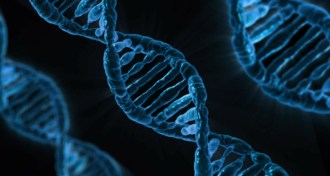 Genetics
GeneticsWhite House hits pause on editing human germline cells
The White House has hit pause, for now, on clinical experiments that could alter the human germ line.
-
 Neuroscience
NeuroscienceDiet and nutrition is more complex than a simple sugar
A new study shows that fructose may leave you wanting more when compared to the same dose of glucose. But in studies of single nutrients, it’s important to be cautious.
-
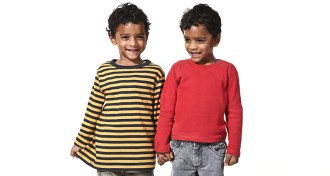 Genetics
GeneticsGenes and environment balance each other
Genes and environment have equal influence on human traits.
-
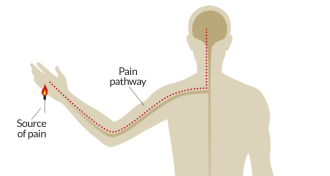 Neuroscience
NeuroscienceNo-pain gene discovered
Scientists have identified a new genetic culprit for the inability to perceive pain.
-
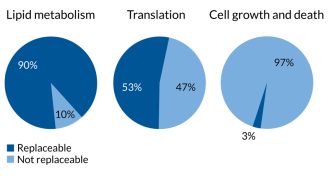 Genetics
GeneticsA billion years of evolution doesn’t change some genes
Human genes can substitute for 47 percent of essential genes in baker’s yeast, new research shows.
-
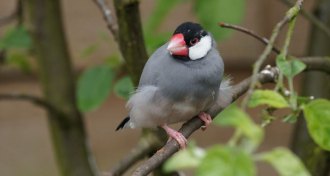 Animals
AnimalsThese birds provide their own drum beat
Male Java sparrows use bill clicks in their songs, which they learn from their dads.
-
 Climate
ClimateTranquil ecosystems may explain wild swings in carbon dioxide stashing
Semiarid ecosystems, such as grasslands and shrublands, are behind the large variation in the amount of atmospheric carbon dioxide sucked in by land each year.
By Beth Mole -
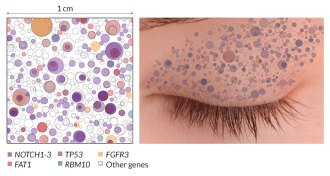 Genetics
GeneticsMutations that drive cancer lurk in healthy skin
Healthy tissue carries mutations that drive cancer, samples of normal skin cells show.
-
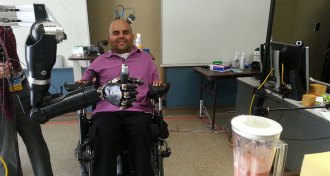 Neuroscience
NeuroscienceBrain implants let paralyzed man move robotic arm
Implanting tiny silicon chips in the action-planning part of a paralyzed man’s brain let him smoothly control a robotic limb with his thoughts.
By Meghan Rosen -
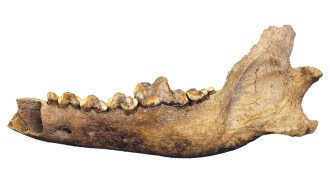 Genetics
GeneticsAncient DNA pushes back timing of the origin of dogs
DNA extracted from the fossil of an ancient wolf indicates dogs and wolves diverged longer ago than previously thought.
-
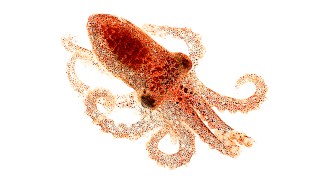 Animals
AnimalsOctopuses can ‘see’ with their skin
Eyes aren’t the only cephalopod body parts with light-catching molecules.
By Susan Milius -
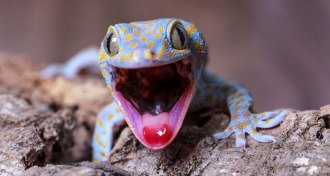 Animals
AnimalsRising temperatures may cause problems for cold-blooded critters
Ectotherms cannot easily handle extreme temperatures, a new study finds.